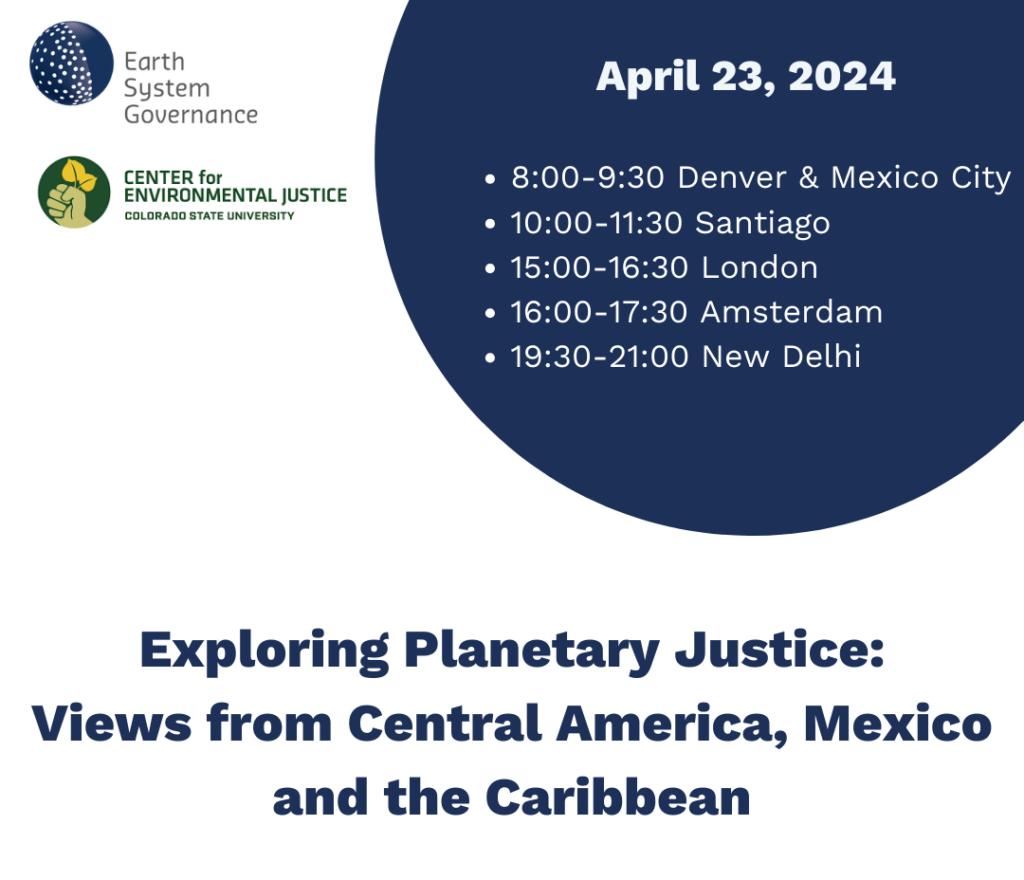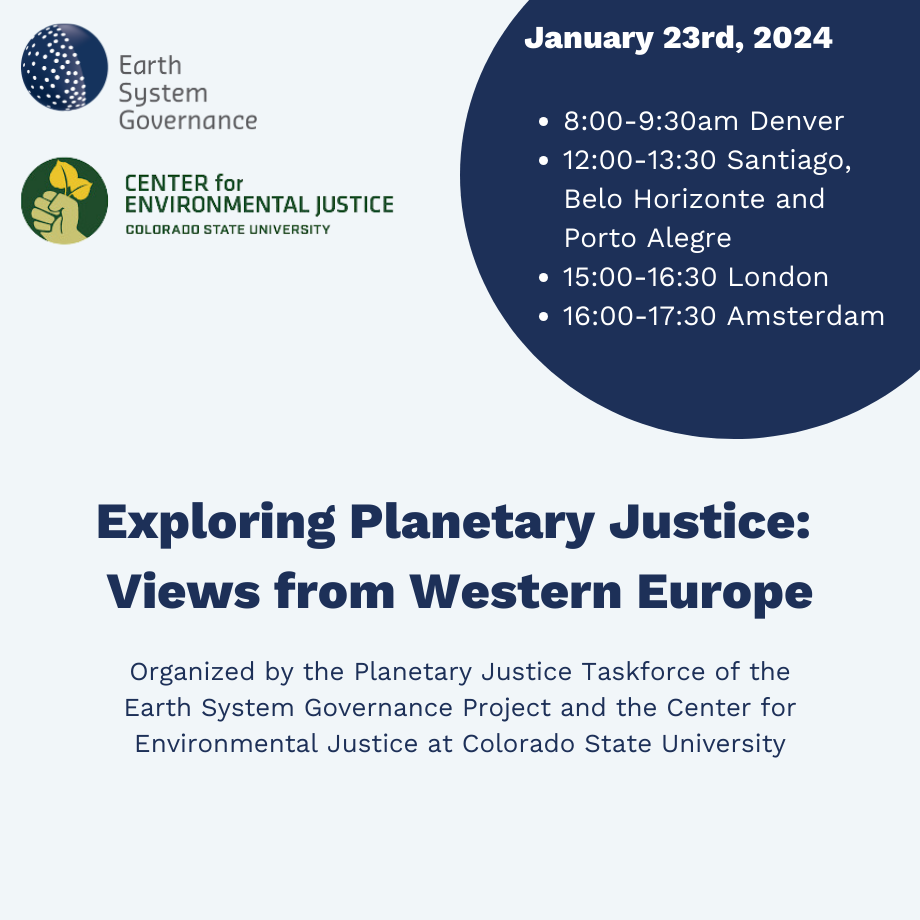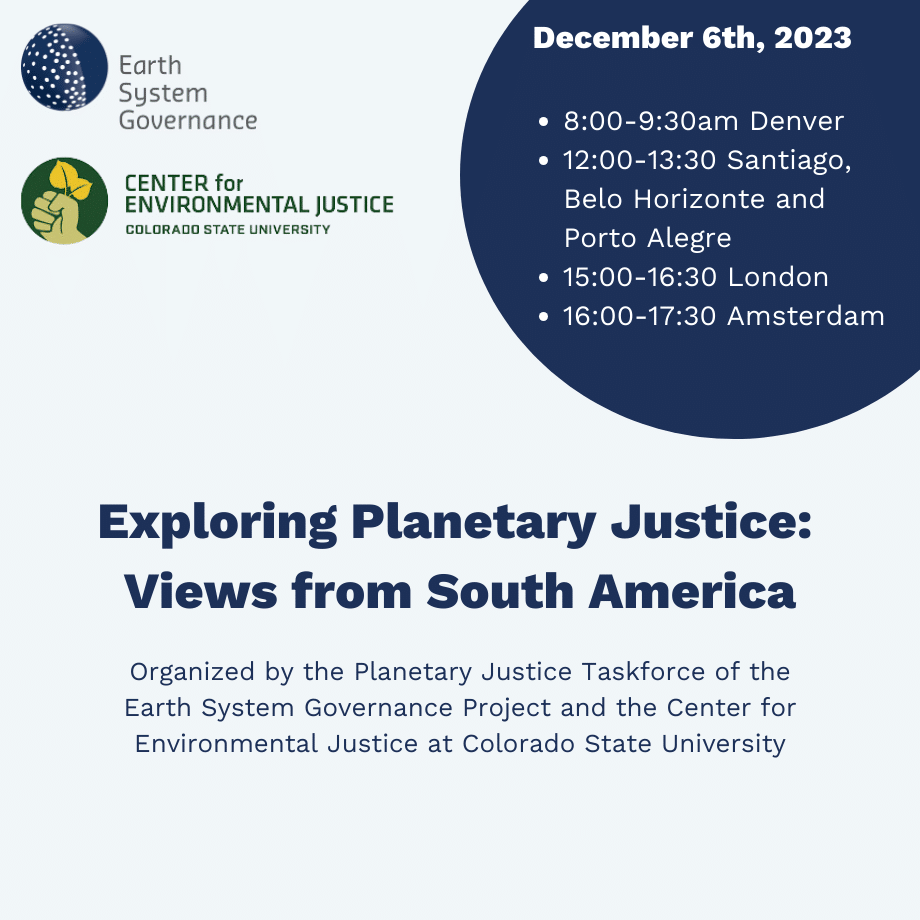| Location | Pskov State Pedagogical University (Pskov, Russia) Organised |
| Organisers | OSI ReSET Project – Governance of Global Environmental Change, and Pskov State Pedagogical University (Pskov, Russia), with endorsement by the Earth System Governance Project. |
| Faculty | Eduard Podgaysky, Anton Shkaruba, Ruben Zondervan, Felix Stolberg, Rem Khlebopros, Hans-Peter Nachtnebel, Matthijs Hisschemöller, Katharine Farrell, Marc Metzger |
Organised by the Russian State Hydrometeorological University, in cooperation with the Central European University and the Earth System Governance Project. This summer school is the first activity within the programme on “Governance of Global Environmental Change: Towards a Multidisciplinary Discussion in Tertiary Environmental Education” that took place 2011‐2014 under the auspices of the Open Society Institute’s Higher Education Support program (RESET). About 30 early career researchers involved in teaching environmental courses at their universities have been selected for this summer school. All are affiliated to institutes in Russia, Ukraine, or Belarus.
Focusing on the concept of environmental governance in general and specific practical applications of environmental governance taken from a multidisciplinary perspective, the Summer School provided the participants with a comprehensive overview of the scope of the project, including expected deliverables. The Summer School took place over a fifteen day period, during which the participants were introduced to each other and to the faculty and developed a more structured understanding of problems, solutions and cooperation opportunities for teaching and curriculum development. The wide assortment of seminar sessions, moderated discussions and group work used at the Summer School also enabled the faculty to gain a clear overview of the capacity of the group for subsequent training and networking meetings. The time was also used to appoint supervisors from the faculty for the participants to work with going forward. Additionally, some of the time was used to help participants to formulate and distribute individual and group assignments which gave participants the opportunity to sum up the state of the art in specific fields close to each of the participants’ own teaching expertise and course proposals.
More information about the “Governance of Global Environmental Change” programme is available here.




